I remember being at Tokyo Game Show the first time I saw Alundra. It was in the Sony booth on a single monitor in line with a number of other titles, with little signage. There wasn’t even an attendant managing the area. Important games often have multiple monitors, lots of signage and possibly special happenings as well as a person assigned to work the area, answer questions, help with gameplay, etc. Alundra had none of that. The presentation at that Tokyo Game show was a metaphor for the game itself – confident, yet unassuming. But appearances can be deceptive – and that was never truer than with Alundra.
I knew what I was looking at the moment I laid eyes on it. I let out a little gasp – OMG, is…is that a new Landstalker game? The look of the main character and the isometric perspective was unmistakable. I could scarcely believe it was what I thought it was. I tracked down someone to help me in the best Japanese I could muster. They kindly got me in touch with one of the staff working on the title. “Is this a Landstalker sequel?” I asked, barely able to hide my excitement. No, it wasn’t, they explained, but it looks that way because it’s made by some of the same staff and is more of a spiritual successor. All I heard was “yes”, essentially.
The next few months were a blur of activity as I pestered Japan and our Sony America account manager for information about the title, and begged for the opportunity to localise it. The title was amazing, and I had to be the one to get it released. It couldn’t languish in Japan or be sacked with half-hearted localisation – that would be a crime, well, in my eyes at least. I was the games’ number one US fan and we had to be the company to bring it out in English. Fortunately, Sony saw our passion, and our account manager put in a great reference for our work (thanks, Tina, to this day!), and Sony Japan let us license the game.
Alundra is a game about dreams, control, loss, and redemption. The title character has the ability to enter the dreams of people and see what lurks in their unconscious. When he washes up on the shore of Inoa Village after a freak storm destroys the ship he was on, a kind Blacksmith takes him in to heal. Before long, it’s clear that something is wrong in Inoa and Alundra uses his special ability to enter the minds of the tortured villagers to save them from… well, that’s something you best discover for yourself.
Alundra’s level design is unique in that the overworld is a kind of hub and the player alternates between real dungeons that hold secrets and treasures, and the dungeons in the minds of the tortured souls he meets in Inoa. That design lends a very special rhythm to the gameplay that I haven’t experienced with any other game.
Fans have called Alundra the PlayStation’s Zelda, and I really can’t fault that tag. The game has all the Zelda-isms down – challenging gameplay, great level design and amazing puzzles. Plus, it has the charm and backstory of a Landstalker (the spiritual successor, right?) and cool animations to boot. But the place where Alundra arguably trumps Zelda is with the breadth and depth of its dark and detailed storyline that starts off sounding like carbon copy of one of the Link games, but soon blasts off into the stratosphere, leaving that children’s story in the dust.
The more time you spend with the characters you meet in the village of Inoa, the more you believe they are alive. You laugh with them, you hurt for them, you cry with them. It’s a very emotional story woven in a delicate and precise way. The sense of dread grows as the story moves on, until the feeling of urgency becomes almost overwhelming – you WILL solve this puzzle, because you HAVE to save that poor villager whose life is at stake. When you lose a character, you begin to take it personally. They feel like your friends. And when the game comes to a close and the special animation at the end plays, there’s a sense of supreme satisfaction and a little sadness that it’s over.
That anime mention reminds me of one more story about the development of the US version. The opening movie and song don’t exist in the Japanese version. There’s a great amount of animation at the end of the game, and I felt that some of that should be intercut with gameplay at the front of the game to really get people excited about what they were about to play. So I had a rock track created for the new opening, created some 3D transitions (spiked ball, sword, Alundra logo), captured a bunch of gameplay, and used that to make the new opening. If you let the new opening play, and then wait, the original Japanese opening will play after the title screen. I made it alternate so players wouldn’t be cheated out of anything – they could still see the original Japanese opening if they wanted.
The music in Alundra is not to go without mention, either. The composer is Kohei Tanaka, a prolific and accomplished Japanese composer for television, anime, OVA and game music. In addition to Alundra, he notably handled music on much of the legendary Sakura Taisen series, Tengai Makyo (Ziria), Granstream Saga, Bionic Commando, Resonance of Fate, and Dragon Force 2, amongst dozens of other games. His moving themes in Alundra are a huge reason the game has the emotional resonance it does. Every place in the game has a look and a feeling, reinforced by that his wonderful composition.
The graphics in Alundra have aged amazingly. Way back in that gaming era, the design chose to make a 2D sprite-based game with isometric perspective instead of a polygon game with low-resolution textures, Alundra is perhaps the best-looking RPG from the PlayStation era. The graphics have aged beautifully, and all the detailed and amazing sprite animations for the characters seem even more fantastic and intricate now.
The actual gameplay is straight action-RPG. You have the ability to jump, equip items and weapons, and you attack enemies in real time. The puzzles range from challenging to insane, and the isometric perspective forces you to really consider your moves carefully before you jump, because your eyes can play tricks on you with the faux-3D perspectives. The dungeons have bosses; you collect life gems to extend your life, and special items will help you reach formerly inaccessible place.
It’s been 15 years since I first played it, and I still love it. Give it a chance if you haven’t experienced the classic adventure or relive one of the crowning achievements in PlayStation gaming history.
Alundra is available now for £3.99/€4.99 in the PSone Classics section on PSN. For more details, follow MonkeyPaw Games on Twitter or visit www.monkeypawgames.com.









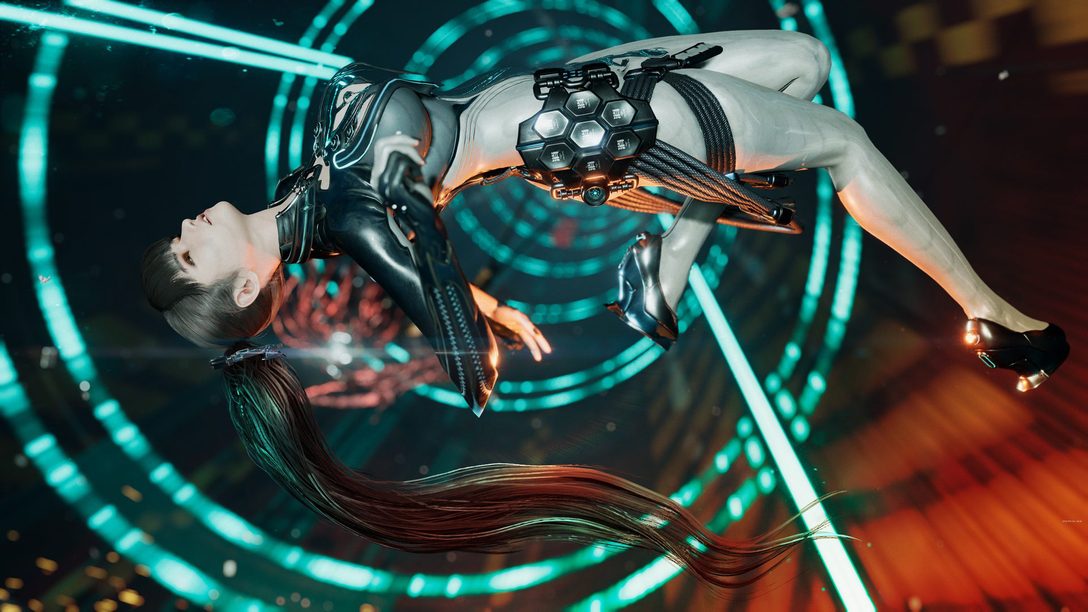
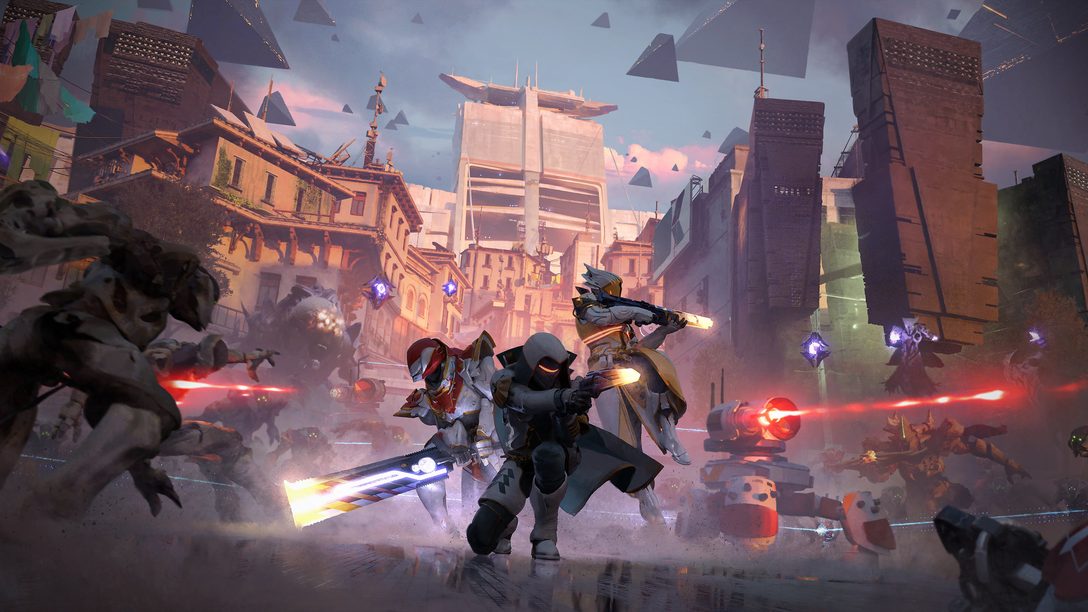
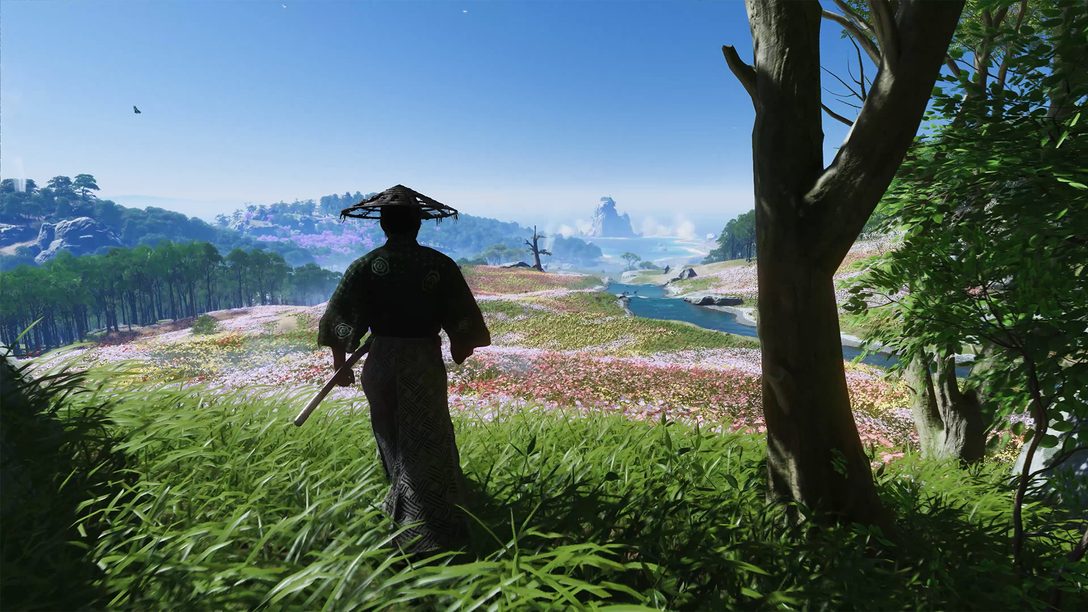
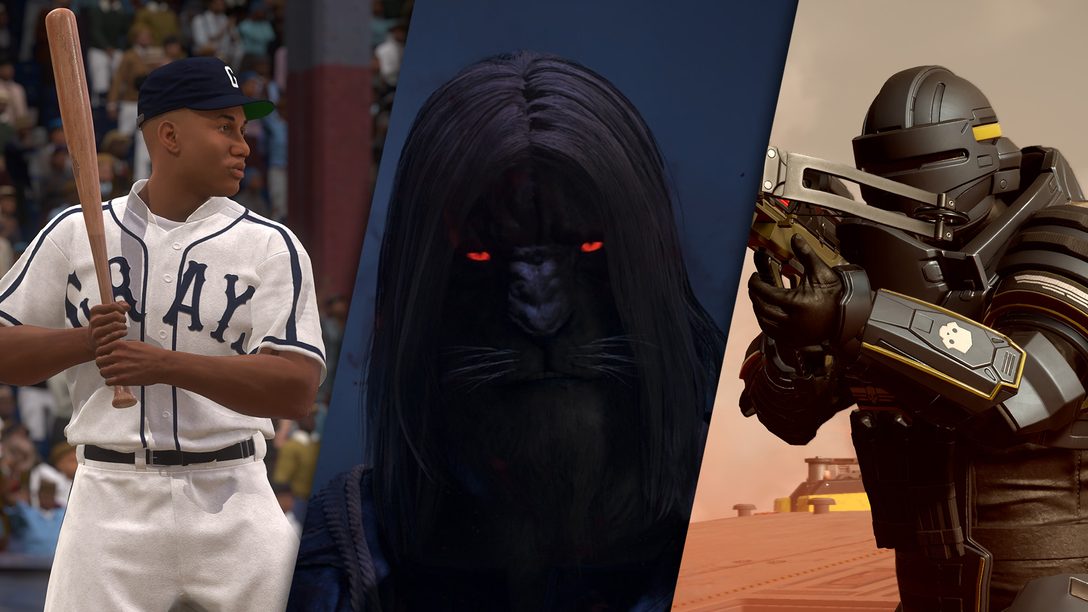

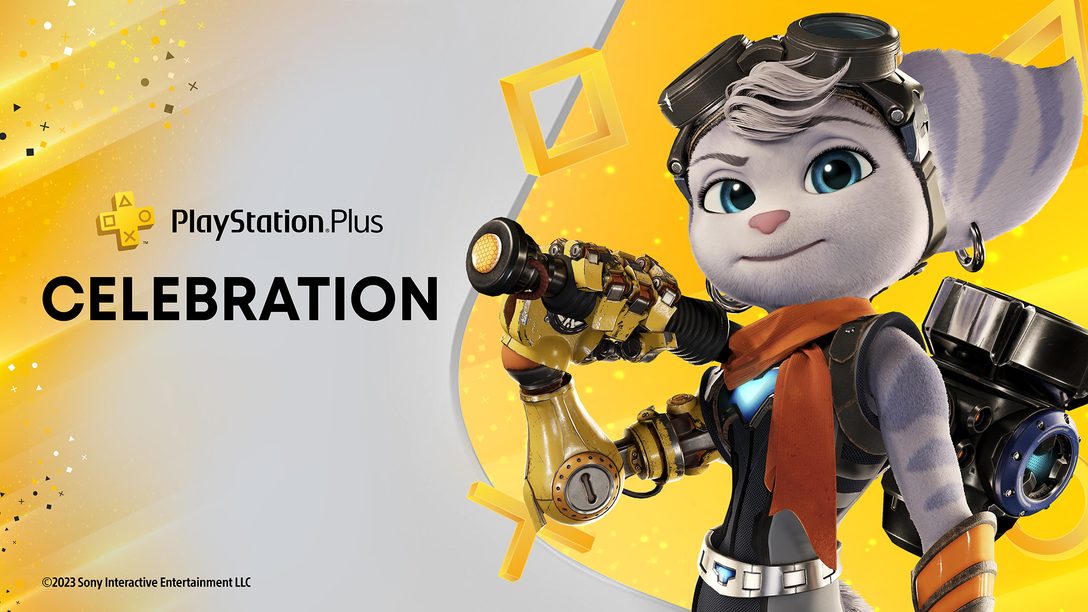
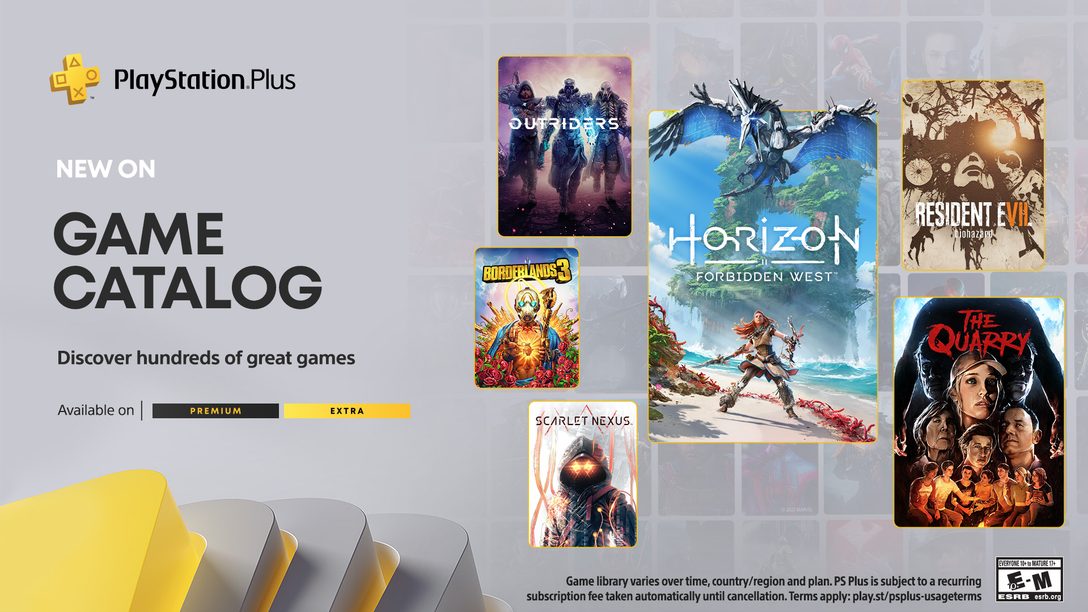

Join the Conversation
Add a CommentBut don't be a jerk!
65 Comments
Loading More Comments